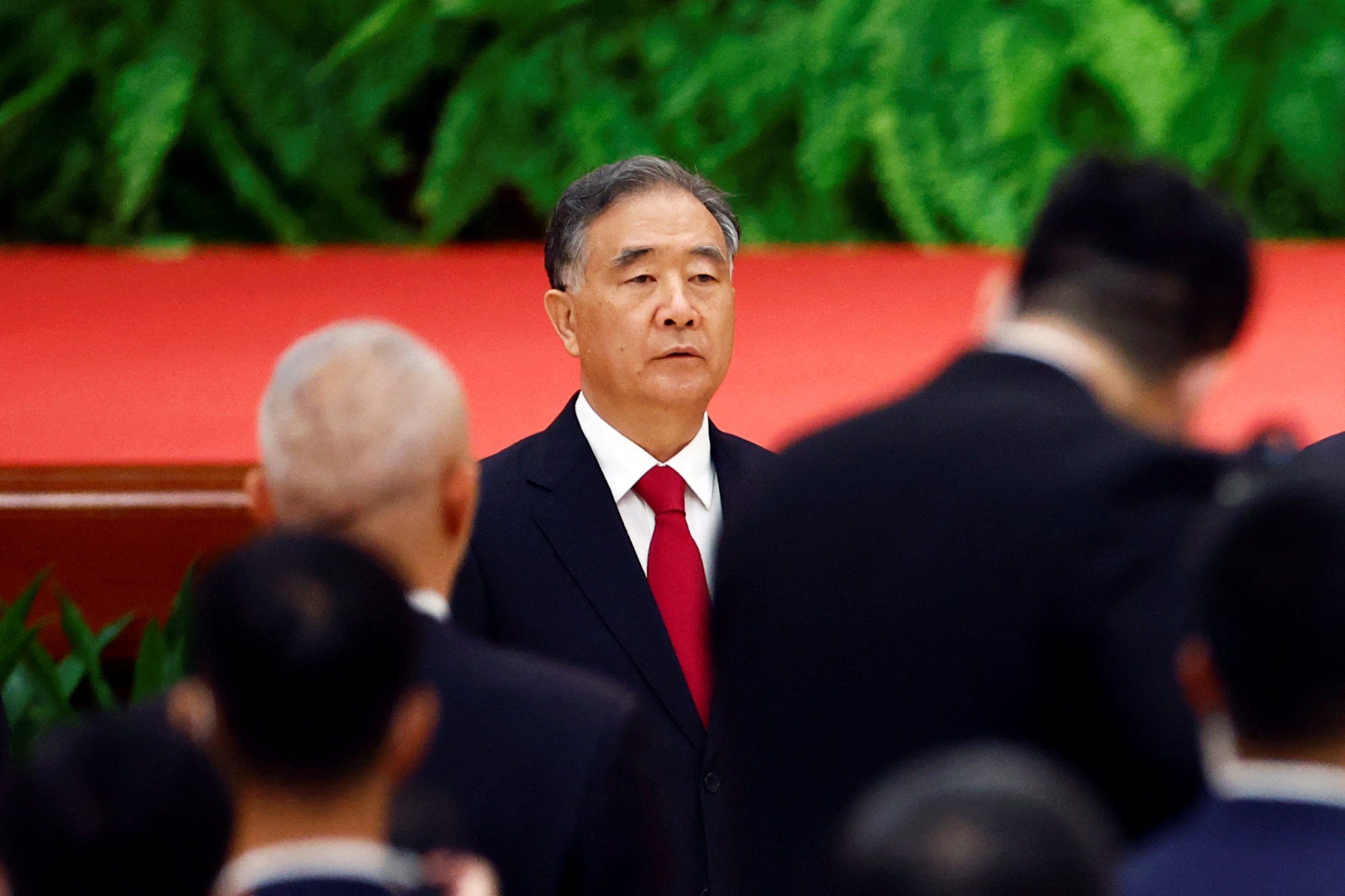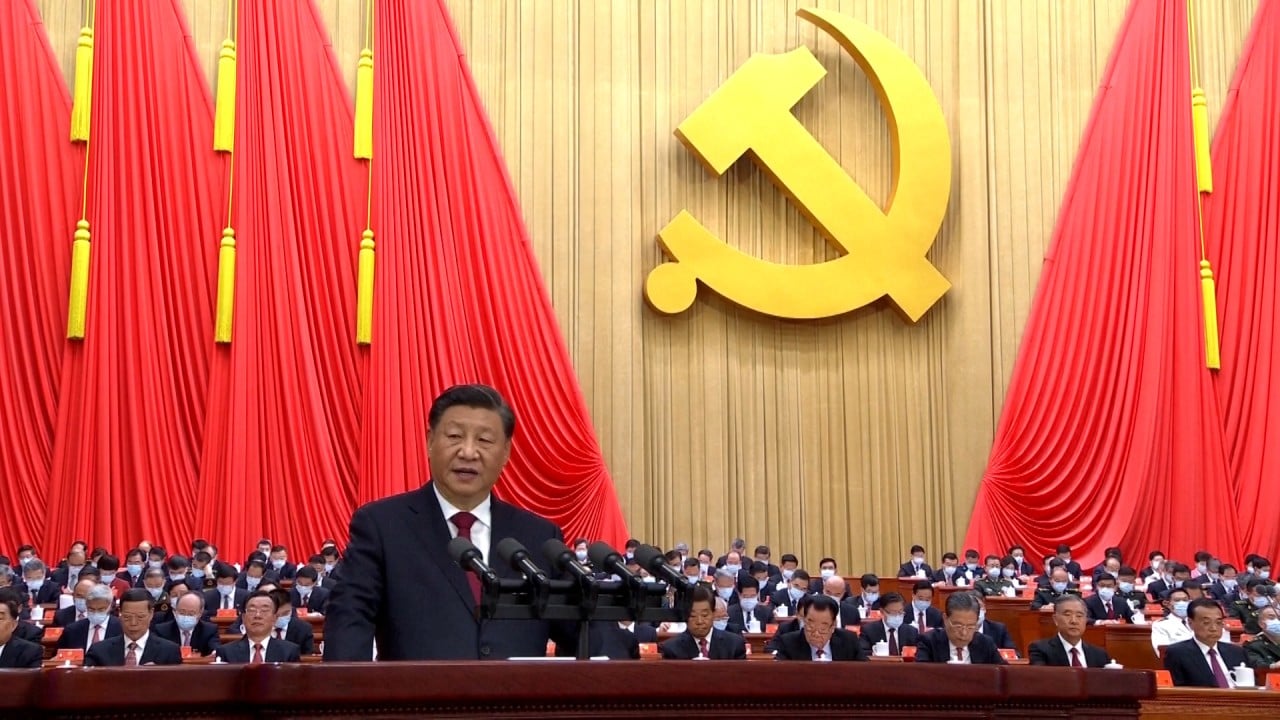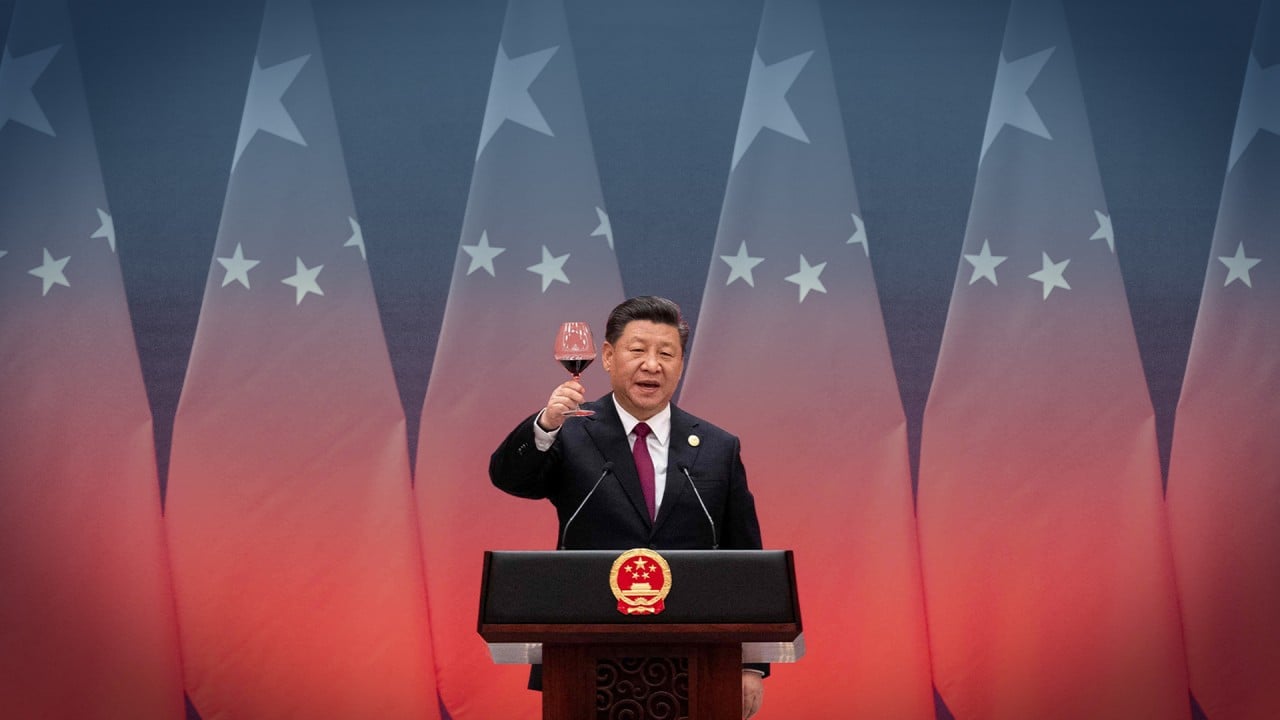
Exclusive | Bigger-than-expected changes loom as Xi Jinping shapes China’s top leadership at 20th Communist Party congress
- As many as four top positions on the Politburo Standing Committee could change hands and nearly half the Central Committee is expected to be replaced
- In Chinese politics, important decisions are often made behind closed doors before being communicated and endorsed at the formal meeting
In Chinese politics, important decisions are often made behind closed doors before the formal meeting, which serves as an occasion for communication and formal endorsement.
As expected, Xi is set to confirm an unprecedented third term as the party chief. He will take the opportunity to bring fresh blood to the top, with four of the seven members of the Politburo Standing Committee, which Xi heads, likely to retire.
Keep track of China’s political elites with the Post’s ‘time machine’
Theoretically, Li, who is ranked second in the party hierarchy, could still stay on the Politburo Standing Committee and take up another position, such as NPC chairman. But sources now say the premier will most likely opt for full retirement.

It is not immediately clear who the fourth person to retire will be. Wang Yang, now the chairman of the Chinese People’s Political Consultative Conference, and Wang Huning, the ideology tsar, are the same age as Li Keqiang.
Zhao Leji, who heads the powerful anti-corruption body, is the youngest at 65.
Once the main deciding factor in reshuffles, the customary age limit is no longer as restrictive under Xi. Instead, candidates are evaluated according to a matrix of various factors – including background and abilities, although age is still considered.
If Wang Yang follows Li Keqiang into full retirement, it will open the race for China’s next premier. Wang is seen by overseas observers as an ideal replacement for Li given his rich administrative experience and background.
While the new premier will only be formally unveiled at the annual parliamentary sessions next March, the new party hierarchy order, to be announced on Sunday, will offer the clearest clue.
Traditionally, the premier’s position is reserved for the number two or three in the party hierarchy. The premier, who is in charge of China’s economy and social development, usually needs to have administrative experience in two major provinces and show a strong track record of economic development.
Under Xi, the new candidate’s good rapport with the president is also a critical factor.

This bigger-than-expected reshuffle could open up four coveted seats on the Politburo Standing Committee.
Ding Xuexiang, Xi’s trusted political aide, is a leading candidate to get a seat. Shanghai party secretary Li Qiang, despite an earlier debacle in handling a major coronavirus outbreak, is also in the race.
Guangdong party secretary Li Xi is another strong contender to make it to the top, as well as Chongqing party secretary Chen Miner, another favourite of the president.
Vice-Premier Hu Chunhua is rated an outside chance to win promotion. Tianjin party chief Li Hongzhong and Beijing party boss Cai Qi are unlikely to be promoted.



